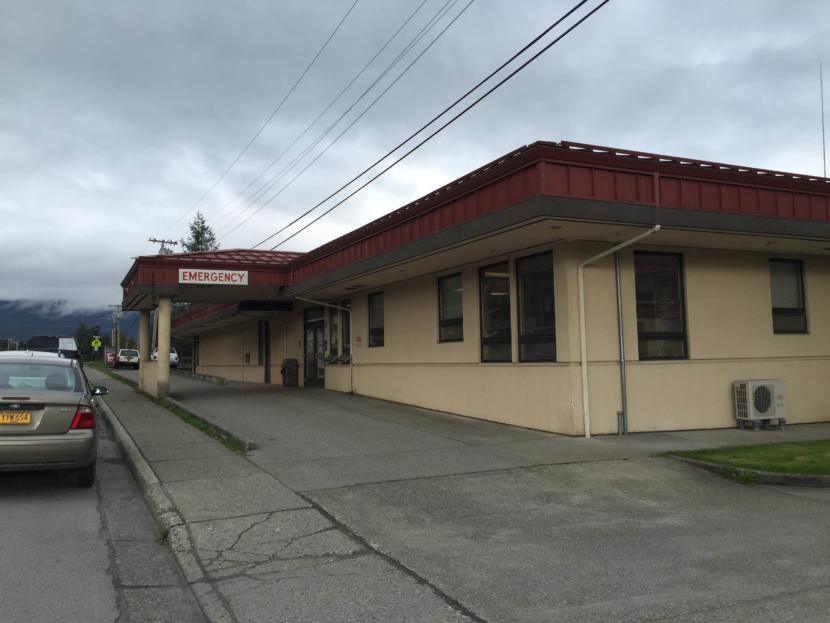
Wrangell’s hospital is funding professional training for local community members. The idea is to reduce staff turnover in the Southeast Alaska hospital by empowering — and ultimately hiring — people with roots in the community.
For about a month now, Isabella Crowley has been working as a nursing assistant in Wrangell’s long-term and acute care units.
“It’s a very rewarding job. I don’t look at it as a way to earn income, that’s a plus. But we’re helping people,” she said.
She’s got ties here. Her wife’s from Southeast Alaska, so the couple moved back to be with family. Then Crowley’s own mother, step-mom and sister joined in, moving to Wrangell all the way from Tennessee.
“(The program) was a really excellent opportunity to get into something without having to leave the island,” Crowley said. “We don’t have to be apart from our families.”
She’s one of a half-dozen recruits for Southeast Alaska Regional Health Consortium’s cohort program. It’s a six-week course that trains entry-level candidates to become certified nursing assistants. CNAs work under the direction of registered nurses to help take care of patients at Wrangell Medical Center.
Across Alaska, staff turnover at hospitals and clinics is high. And Wrangell is no exception. Gloria Burnett is the director of Area Health Education Centers, which connects University of Alaska Anchorage students with job training in the field across the state.
She said to become a nurse or a doctor, rural Alaskans often leave their town to get the degree, and then stay even longer for the experience critical access hospitals often require. By that time, the professionals are less likely to be able to return to their hometown hospital.
“After they’ve already been out of their home community for four years through their undergraduate studies. Now they’re licensed, they’re practicing, that’s six years out, right? What’s the likelihood they’re going to come back after they’ve already established their own sense of community in this new location?” Burnett said.
But she said this homegrown initiative means they don’t need to leave in the first place.
It also saves the cost of relocating people to rural towns like Wrangell, or relying on traveling nurses who take short-term, 13-week assignments in a community — a model that Wrangell’s hospital administrator Leatha Merculieff isn’t fond of.
“It costs a lot of money. It could be potentially double for a CNA,” said Merculieff.
She told KSTK last summer she’s trying to end the practice. The new initiative not only saves the hospital money, it’s a way to hire people who will stick around long enough to be a familiar face to patients.
“I think it’s unfair to our residents and our patients to have someone who is changing over all of the time,” Merculieff said.
With the first CNA cohort certified and working, that will cut the number of traveling CNAs at the clinic in half. SEARHC has committed to only hiring local CNAs at Wrangell’s hospital by early next year. Another CNA training should start next year.
